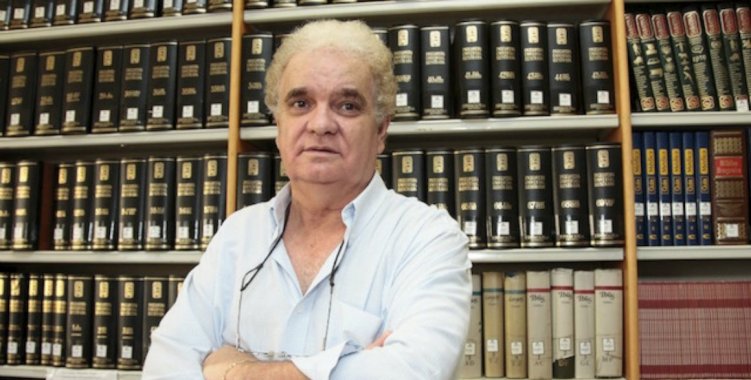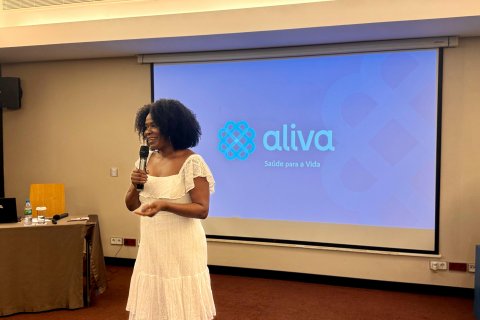Speaking to Lusa, on the eve of the CPLP summit taking place on 16 and 17 July in Luanda, the economist and head of the Center for Scientific Research and Studies (CEIC) of the Catholic University of Angola said that the relations between the various members of this organization take place among very unbalanced and unequal economies.
"The economic power of Brazil or Portugal has nothing to do with what is happening in Angola, or in Mozambique, not to mention Cape Verde or Guinea-Bissau and São Tomé and Príncipe, which have no relevance to the exchanges commercial", said the academic, noting that the same is happening with Portugal in the context of the European Union.
"Portugal is clearly a country on the European periphery that cannot consolidate real convergences with the European Union, and this is also happening in the CPLP, where Brazil and Portugal are very far from other economies, especially in a context in which there are no structural aid, as practiced in the European Union, with a view to safeguarding or reducing this imbalance", he stressed.
Manuel Alves da Rocha considered, on the other hand, that commercial and economic cooperation, as well as in the field of investments, within the CPLP has always been carried out from north to south, which must be resolved.
"There is no South-South cooperation and I think that at this summit, in which Angola will assume the presidency, it should give great emphasis to this South-South cooperation because the feeling I have is that this North-South economic cooperation has it has always been done in favor of the North and, in this case, of Portugal", stressed the economist, calling for Angola to assume a role in encouraging this South-South cooperation, involving mainly Brazil, Angola and Mozambique.
The researcher underlined that it is important to "discover points that, in fact, contribute to economic growth in the economies that most need it", since Angola and Mozambique have structural deficiencies that prevent them - in the international and CPLP context - from taking advantage of it. type of cooperation.
"I believe that at this summit and at the round table in which the heads of the trade representations of each of the countries will participate, emphasis should be placed on the development and deepening of South-South cooperation (...) and realizing that way countries like Portugal and Brazil can help in the deepening of this cooperation", he reinforced.
He referred, on the other hand, that the pillar of economic cooperation – which Angola has already stated as a priority – will have to include scientific cooperation and technological cooperation, "but not only on paper" and added that organizations like the CPLP must be prepared to respond to global challenges such as the blue economy, the green economy, the circular economy.
For Alves da Rocha, "it is necessary to do something that marks the organization for the future, and not just in commercial relations", boosting structuring investments in sectors that appeal to innovation, research and the discovery of new products.
The challenge, he continued, is to turn the CPLP into a solidary organization in terms of deep and permanent structural changes.
The XIII Conference of CPLP Heads of State and Government, which marks the transfer of the rotating presidency of this community of countries from Cape Verde to Angola, will be held in person.







